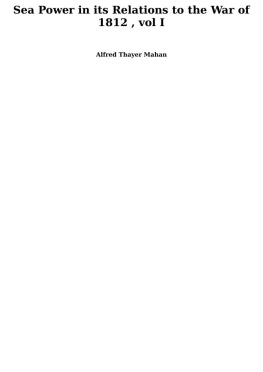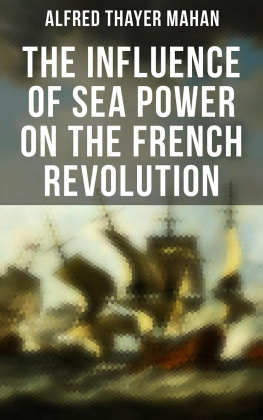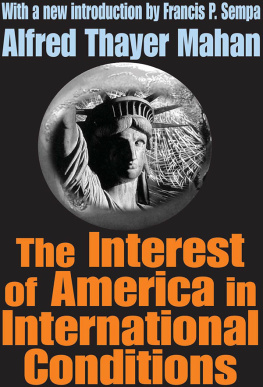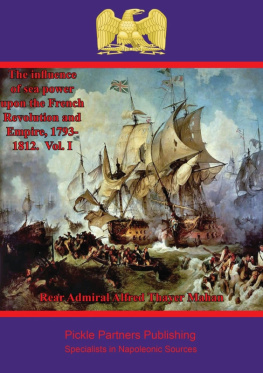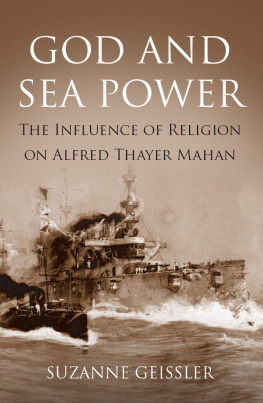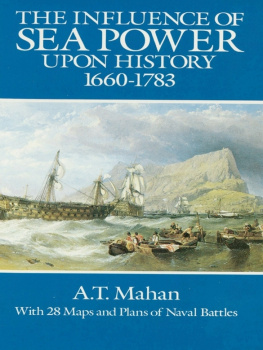Spotlight
Spotlight Books
57 Gloucester Road
CLAPHAM
MK41 6ZS
With honour of the Liam Patel
Online publishing centre.
Published in the UK by Spotlight Books, Clapham.
Spotlight Books 2020
The moral rights of the authors have been asserted
Database right Spotlight Books.
This book is located in the public domain.
All rights reserved. No part of this publication may be reproduced, stored in a retrieval system, or transmitted, in any form or by any means, without the prior permission in writing of Spotlight Books, or as expressly permitted by law, or under terms agreed with the appropriate reprographics rights organization. Enquiries concerning reproduction outside the scope of the above should be sent to the Rights Department, Spotlight Books, at the address above. http://www.spotlightBooks.xyz
You may also visit our contact page for more information regarding supporting the project.
You must not circulate this book in any other binding or cover and you must impose the same condition on any acquirer.
Data available
Ebooked in the UK
ISBN 10: 0599910879
ISBN 13: 9780599910874
Sea Power in its Relations to
the War of 1812
ANTECEDENTS OF THE WAR
CHAPTER I
COLONIAL CONDITIONS
The head waters of the stream of events which led to the War of 1812, between the United States and Great Britain, must be sought far back in the history of Europe, in the principles governing commercial, colonial, and naval policy, accepted almost universally prior to the French Revolution. It is true that, before that tremendous epoch was reached, a far-reaching contribution to the approaching change in men's ideas on most matters touching mercantile intercourse, and the true relations of man to man, of nation to nation, had been made by the publication, in 1776, of Adam Smith's "Inquiry into the Nature and Causes of the Wealth of Nations;" but, as is the case with most marked advances in the realm of thought, the light thus kindled, though finding reflection here and there among a few broader intellects, was unable to penetrate at once the dense surface of prejudice and conservatism with which the received maxims of generations had incrusted the general mind. Against such obstruction even the most popular of statesmenas the younger Pitt soon after this becamecannot prevail at once; and, before time permitted the [2]British people at large to reach that wider comprehension of issues, whereby alone radical change is made possible, there set in an era of reaction consequent upon the French Revolution, the excesses of which involved in one universal discredit all the more liberal ideas that were leavening the leaders of mankind.
The two principal immediate causes of the War of 1812 were the impressment of seamen from American merchant ships, upon the high seas, to serve in the British Navy, and the interference with the carrying trade of the United States by the naval power of Great Britain. For a long time this interference was confined by the British Ministry to methods which they thought themselves able to defendas they did the practice of impressmentupon the ground of rights, prescriptive and established, natural or belligerent; although the American Government contended that in several specific measures no such right existed,that the action was illegal as well as oppressive. As the war with Napoleon increased in intensity, however, the exigencies of the struggle induced the British cabinet to formulate and enforce against neutrals a restriction of trade which it confessed to be without sanction in law, and justified only upon the plea of necessary retaliation, imposed by the unwarrantable course of the French Emperor. These later proceedings, known historically as the Orders in Council, by their enormity dwarfed all previous causes of complaint, and with the question of impressment constituted the vital and irreconcilable body of dissent which dragged the two states into armed collision. Undoubtedly, other matters of difficulty arose from time to time, and were productive of dispute; but either they were [3]of comparatively trivial importance, easily settled by ordinary diplomatic methods, or there was not at bottom any vital difference as to principle, but only as to the method of adjustment. For instance, in the flagrant and unpardonable outrage of taking men by force from the United States frigate "Chesapeake," the British Government, although permitted by the American to spin out discussion over a period of four years, did not pretend to sustain the act itself; the act, that is, of searching a neutral ship of war. Whatever the motive of the Ministry in postponing redress, their pretexts turned upon points of detail, accessory to the main transaction, or upon the subsequent course of the United States Government, which showed conscious weakness by taking hasty, pettish half-measures; instead of abstaining from immediate action, and instructing its minister to present an ultimatum, if satisfaction were shirked.
In the two causes of the war which have been specified, the difference was fundamental. Whichever was right, the question at stake was in each case one of principle, and of necessity. Great Britain never claimed to impress American seamen; but she did assert that her native-born subjects could never change their allegiance, that she had an inalienable right to their service, and to seize them wherever found, except within foreign territory. From an admitted premise, that the open sea is common to all nations, she deduced a common jurisdiction, in virtue of which she arrested her vagrant seamen. This argument of right was reinforced by a paramount necessity. In a life and death struggle with an implacable enemy, Great Britain with difficulty could keep her fleet manned at all; even with indifferent material. The deterioration in quality of her ships' companies was notorious; and it was notorious also that numerous British seamen sought employment in American merchant ships, hoping there to find refuge from the protracted confinement of a now dreary [4]maritime war. Resort to impressment was not merely the act of a high-handed Government, but the demand of both parties in the state, coerced by the sentiment of the people, whose will is ultimately irresistible. No ministry could hope to retain power if it surrendered the claim to take seamen found under a neutral flag. This fact was thoroughly established in a long discussion with United States plenipotentiaries, five years before the war broke out.
On the other hand, the United States maintained that on the sea common the only jurisdiction over a ship was that of its own nation. She could not admit that American vessels there should be searched, for other purposes than those conceded to the belligerent by international law; that is, in order to determine the nature of the voyage, to ascertain whether, by destination, by cargo, or by persons carried, the obligations of neutrality were being infringed. If there was reasonable cause for suspicion, the vessel, by accepted law and precedent, might be sent to a port of the belligerent, where the question was adjudicated by legal process; but the actual captor could not decide it on the spot. On the contrary, he was bound, to the utmost possible, to preserve from molestation everything on board the seized vessel; in order that, if cleared, the owner might undergo no damage beyond the detention. So deliberate a course was not suited to the summary methods of impressment, nor to the urgent needs of the British Navy. The boarding officer, who had no authority to take away a bale of goods, decided then and there whether a man was subject to impressment, and carried him off at once, if he so willed.

